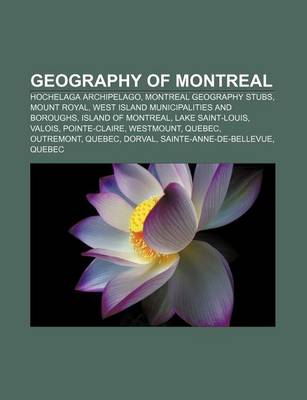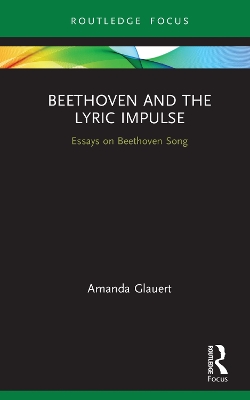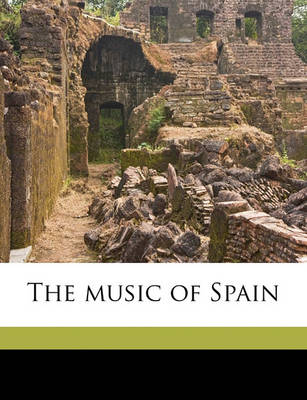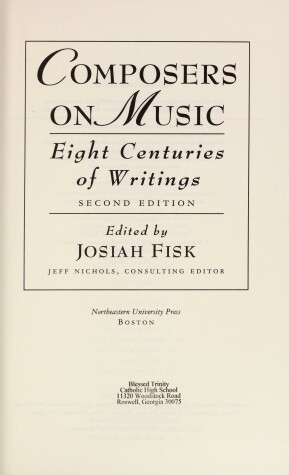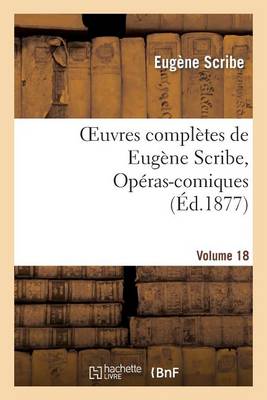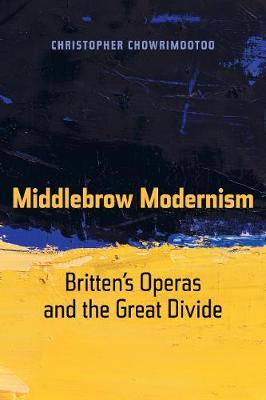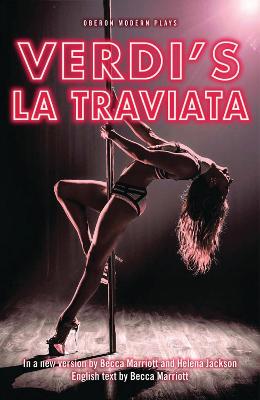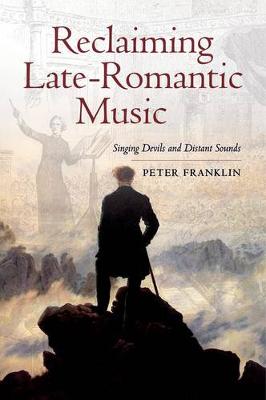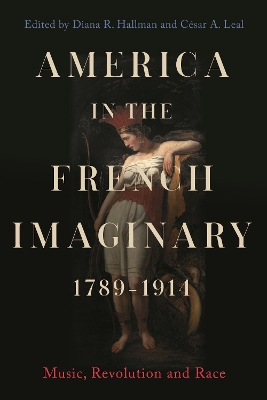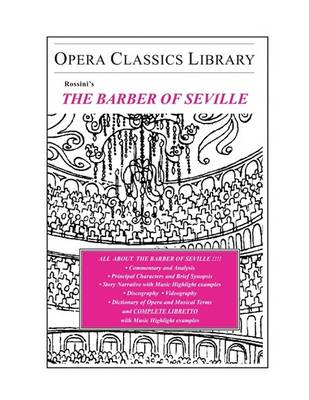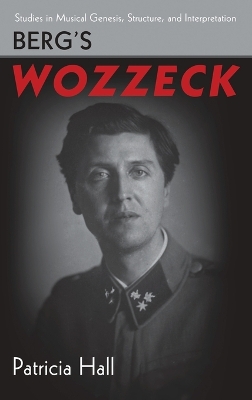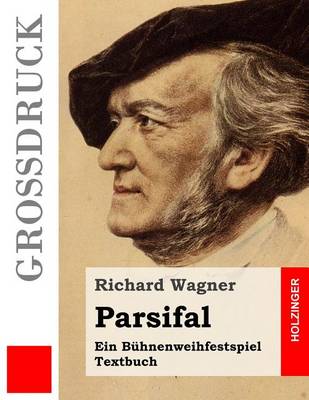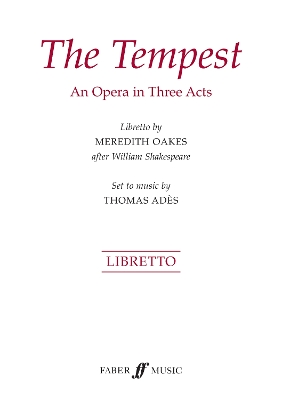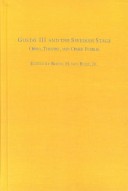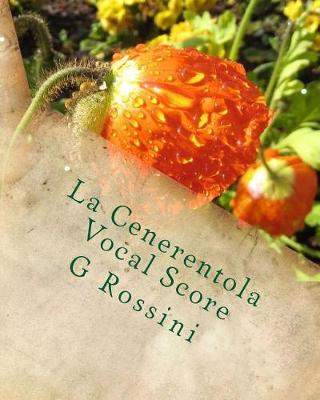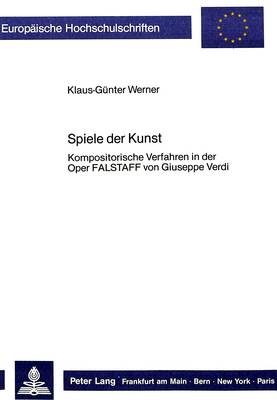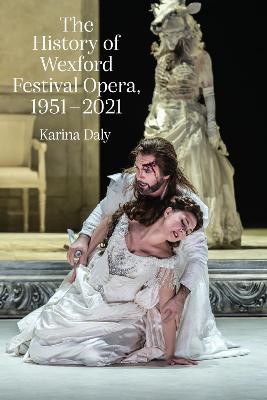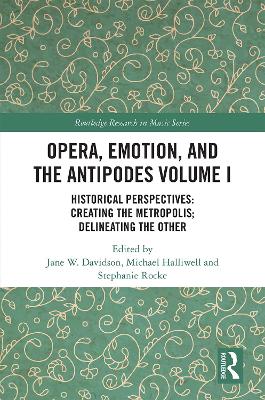Puccini's Madama Butterfly: Opera Classics Library Series (Opera Classics Library)
by Burton D Fisher
Johann Strauss' Die Fledermaus: Opera Journeys Mini Guide
by Burton D Fisher
The Palace of Eternal Youth (Library of Chinese Classics)
Beethoven and the Lyric Impulse (Routledge Voice Studies)
by Amanda Glauert
Amanda Glauert revisits Beethoven’s songs and studies his profound engagement with the aesthetics of the poets he was setting, particularly those of Herder and Goethe. The book offers readers a rich exploration of the poetical and philosophical context in which Beethoven found himself when composing songs. It also offers detailed commentaries on possible responses to specific songs, responses designed to open up new ways for performing, hearing and appreciating this provocative song repertoire....
The Music of Spain
by Carl Van Vechten, Pedro Garcia Morales, and Paul Padgette
Composers on Music
Teatro Colon - Orquesta Estable
by Osvaldo Barrios and Edmundo Piccioni
Oeuvres Completes de Eugene Scribe, Operas-Comiques. Ser. 4, Vol. 18 (Litterature)
by Eugene Scribe
Middlebrow Modernism (California Studies in 20th-Century Music, #24)
by Christopher Chowrimootoo
A free ebook version of this title is available through Luminos, University of California Press's Open Access publishing program. Visit www.luminosoa.org to learn more. Situated at the intersections of twentieth-century music history, historiography, and aesthetics, Middlebrow Modernism uses Benjamin Britten's operas to illustrate the ways in which composers, critics, and audiences mediated the "great divide" between modernism and mass culture. Reviving mid-century discussions of the middlebro...
The acclaimed company behind the Olivier Award nominated ('Best New Opera, 2018') production of La boheme present a radical reimagining of Verdi's incendiary tale of sex, class and power, La Traviata. England, 2018. Violetta earns her crust dancing for the rich and powerful at an exclusive gentleman's club until a chance meeting with naive and idealistic Elijah changes everything. The powerful collide with the powerless, with earth shattering consequences for all involved. Combining Verdi's brea...
Reclaiming Late-Romantic Music (Ernest Bloch Lectures, #14)
by Peter Franklin
Why are some of the most beloved and frequently performed works of the late-romantic period--Mahler, Delius, Debussy, Sibelius, Puccini--regarded by many critics as perhaps not quite of the first rank? Why has modernist discourse continued to brand these works as overly sentimental and emotionally self-indulgent? Peter Franklin takes a close and even-handed look at how and why late-romantic symphonies and operas steered a complex course between modernism and mass culture in the period leading up...
Following the American Revolution, French authors often viewed the United States as a laboratory for the forging of new practices of liberte and egalite, in affinity with France's own Revolutionary ideals but in competition with lingering anti-American depictions of an inferior, untamed New World. The volume examines French imagining of America through musical/theatrical portrayals of the American Revolution and Republic, soundscapes of the Statue of Liberty, homages to Washington, Franklin an...
Rossini's the Barber of Seville (Opera Classics Library)
by Burton D Fisher
Berg's Wozzeck (Studies in Musical Genesis, Structure, and Interpretation)
by Patricia Hall
Although Berg decided immediately after seeing Buchner's play Woyzeck in May 1914 to set it to music, he did not complete his opera until 1922, with the Berlin premiere taking place in 1925. Berg's Wozzeck traces the composer's slow but determined progress. Using compositional sketches, diaries, notebooks and other archival material, author Patricia Hall reveals the challenges Berg faced-from his induction as a soldier in World War I, to the hyper-inflation of the twenties. In addition to the pr...
With The Tempest Thomas Ades composed one of most striking and successful opera of recent years. From the turbulent orchestral prelude with which it begins to Ariel's stratospheric yet ethereal 'Five fathoms deep' and the radiant quintet of reconciliation in its final act, its composer conjures up a wholly compelling musical world. Responding to librettist Meredith Oake's clear, unfussy refashioning of Shakespeare into formalised rhyme schemes, Ades has created a new kind of tonal language that...
Mimomania (California Studies in 19th-Century Music, #13)
by Mary Ann Smart
When Nietzsche dubbed Richard Wagner 'the most enthusiastic mimomaniac' ever to exist, he was objecting to a hollowness he felt in the music, a crowding out of any true dramatic impulse by extravagant poses and constant nervous movements. Mary Ann Smart suspects that Nietzsche may have seen and heard more than he realized. In "Mimomania" she takes his accusation as an invitation to listen to Wagner's music - and that of several of his near-contemporaries - for the way it serves to intensify the...
Gustav III and the Swedish Stage (Studies in the History & Interpretation of Music S., v. 40)
Spiele Der Kunst (Europaeische Hochschulschriften / European University Studie, #25)
by Klaus-Gunter Werner
Die Oper "Falstaff" von Verdi wird werkmonographisch und analytisch behandelt. Nachdem Verdi sich in den 1870er Jahren vom Dasein als Opernkomponist zuruckziehen wollte, erlebte er den Einbruch des -Wagnerismus- in Italien und die sich anschliessenden asthetischen Diskussionen als eine Krise im italienischen Musikleben. Angeregt durch den Dichter-Komponisten Arrigo Boito wollte er mit seinem Spatwerk Zeichen setzen, blieb aber teilweise unverstanden. Eine genaue Analyse der Musik gibt Aufschluss...
The history of the Wexford Festival Opera, 1951-2021
by Karina Daly
Opera, Emotion, and the Antipodes Volume I (Routledge Research in Music)
There can be little doubt that opera and emotion are inextricably linked. From dramatic plots driven by energetic producers and directors to the conflicts and triumphs experienced by all associated with opera’s staging to the reactions and critiques of audience members, emotion is omnipresent in opera. Yet few contemplate the impact that the customary cultural practices of specific times and places have upon opera’s ability to move emotions. Taking Australia as a case study, this two-volume coll...

